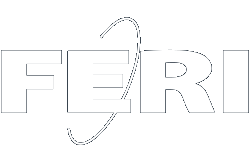ACADEMIC STUDY PROGRAMME
TELECOMMUNICATIONS
HOW CAN I PARTICIPATE IN THE DEVELOPMENT OF MODERN TECHNOLOGIES?
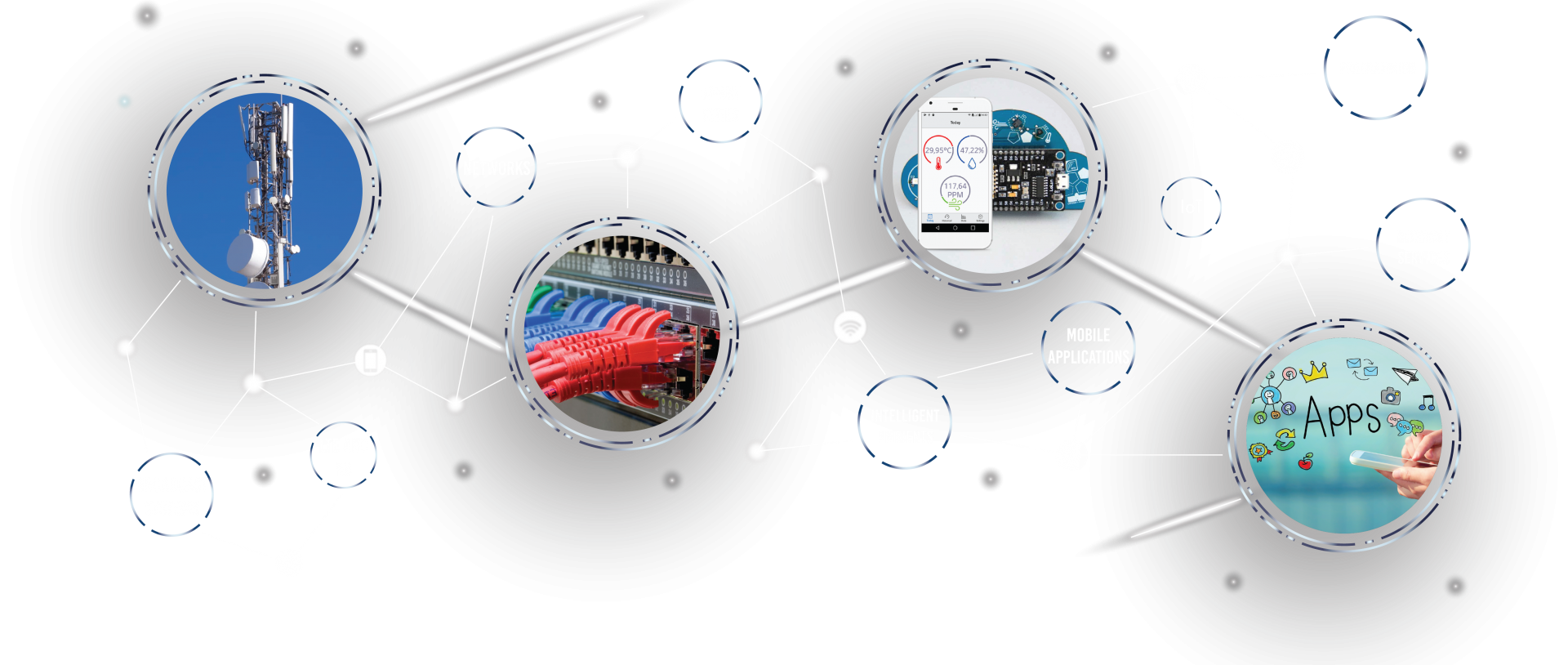
By becoming a
Bachelor of Telecommunications Engineering!
ENROLLMENT TAKES PLACE
FROM 18. 2. TO 18. 3.!
Level and type of study:
Undergraduate
(1st cycle)
Academic
Duration of study
3 years
6 semesters
Number of enrollment places
25
The programme is taught in Slovene. Free Slovene language courses are organised for foreign students.
All details about the enrolment process are available on vpis.um.si.
Telecommunications are one of the most promising areas and rapidly evolving sectors, due to the fact that connectivity is the foundation of modern technologies, such as the Internet of Things – IoT.
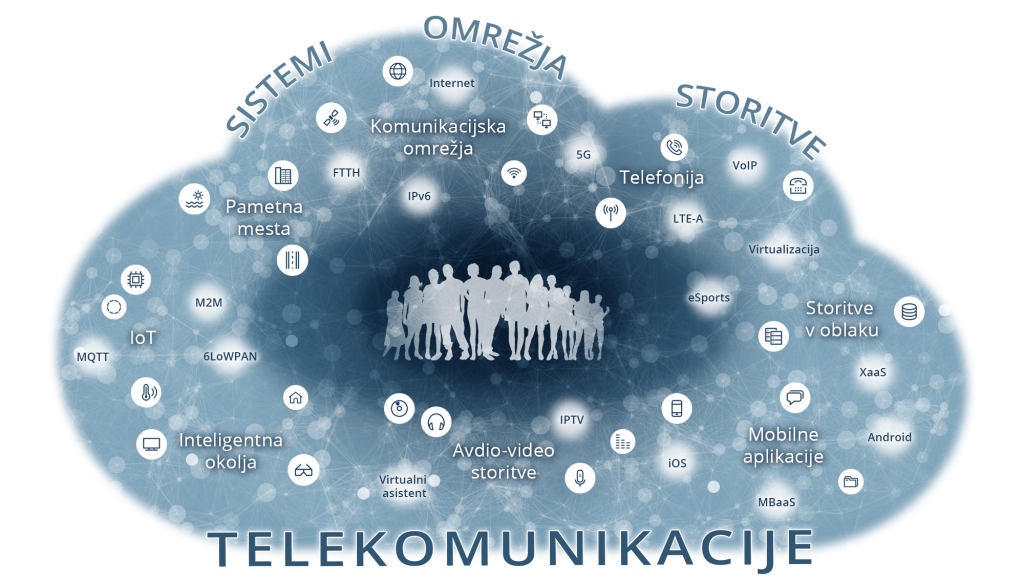
Because with their knowledge, telecommunications engineers contribute to a high value added, and because telecommunications are needed practically in every economic sector, telecommunications engineers have good employment opportunities, both in Slovenia and abroad.
Broadcast systems
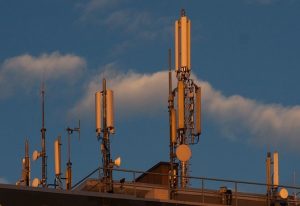 The students obtain in-depth knowledge of theoretical foundations of digital communications and statistical signal processing, different kinds of encodings for reliable and secure transmission, analog and digital transmission systems and electronic systems for their implementation.
The students obtain in-depth knowledge of theoretical foundations of digital communications and statistical signal processing, different kinds of encodings for reliable and secure transmission, analog and digital transmission systems and electronic systems for their implementation.
Diplomas
Courses
Additional information
LTE and 5G
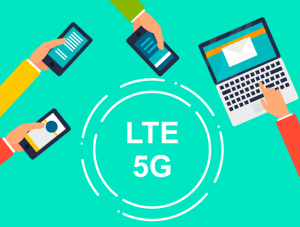 The transition from the existing LTE mobile networks to 5G networks provides unprecedented development opportunities for technologies that will enable broadband access in densely populated areas, higher user mobility, mass Internet of Things (IoT), real-time and life-critical communications. The students get acquainted with wireless and mobile networks, with their main characteristics and services.
The transition from the existing LTE mobile networks to 5G networks provides unprecedented development opportunities for technologies that will enable broadband access in densely populated areas, higher user mobility, mass Internet of Things (IoT), real-time and life-critical communications. The students get acquainted with wireless and mobile networks, with their main characteristics and services.
Diplomas
Spatial Positioning of Base Stations for Mobile Telephony Systems
Distribution of signal in wireless communication network in noise environment
Courses
Additional information
Networks
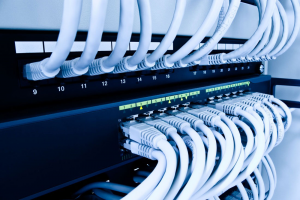 For the purpose of short- and long-distance communication, devices are connected to networks. The students get acquainted with different kinds of networks, such as the Internet, fixed and mobile telephone networks, wireless networks, optical networks, software-defined networks, and with different aspects of the networks, such as their structure, the protocols used, network design, configuration, security, and performance analysis.
For the purpose of short- and long-distance communication, devices are connected to networks. The students get acquainted with different kinds of networks, such as the Internet, fixed and mobile telephone networks, wireless networks, optical networks, software-defined networks, and with different aspects of the networks, such as their structure, the protocols used, network design, configuration, security, and performance analysis.
Diplomas
Courses
Fundamentals of Communications Networks
Wide-Area Communications Networks
Additional information
Smart cities
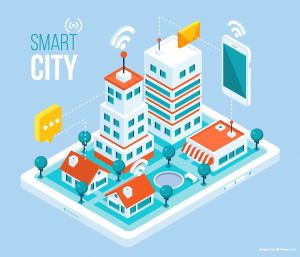 With the help of networks, smart buildings and infrastructure, an urban environment and its inhabitants can be interconnected into a smart city, in which information is gathered through sensors and other IoT devices. The collected information serves for the development of telecommunications services to be of use to the inhabitants. The aim of a smart city is to improve the quality of life with the help of telecommunications technologies.
With the help of networks, smart buildings and infrastructure, an urban environment and its inhabitants can be interconnected into a smart city, in which information is gathered through sensors and other IoT devices. The collected information serves for the development of telecommunications services to be of use to the inhabitants. The aim of a smart city is to improve the quality of life with the help of telecommunications technologies.
Diplomas
Courses
Additional information
Intelligent ambients
 An intelligent ambient is an upgrading of simple smart home automation. The system captures and analyses the information from the user environment, media contents and user contents, and makes predictions about and adapts the user environment by applying Artificial Intelligence. A virtual assistant can take care about the communication with the user.
An intelligent ambient is an upgrading of simple smart home automation. The system captures and analyses the information from the user environment, media contents and user contents, and makes predictions about and adapts the user environment by applying Artificial Intelligence. A virtual assistant can take care about the communication with the user.
Diplomas
Development of IMS Communication Services for IPTV
Development of Centralized Information System for Intelligent Ambients
Courses
Additional information
Mobile applications
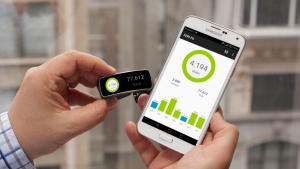 Nowadays, mobile applications are the most common type of user sofware – from simple accessories to complex applications which include different mobile phone sensors and connect together with other devices into the Internet of Things (IoT). The students get acquainted with the elements of a mobile ecosystem and learn how to develop mobile applications efficiently.
Nowadays, mobile applications are the most common type of user sofware – from simple accessories to complex applications which include different mobile phone sensors and connect together with other devices into the Internet of Things (IoT). The students get acquainted with the elements of a mobile ecosystem and learn how to develop mobile applications efficiently.
Diplomas
Capturing and Tagging Walking Data with an Android Mobile Phone
Overview and integration of cloud services into mobile applications
Courses
Additional information
IoT
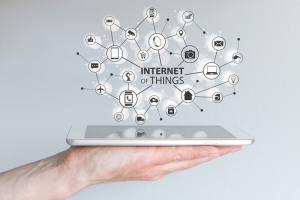 The Internet of Things (IoT) is a system of interconnected electronic devices, machines, objects, animals, or people, with the capability of transporting information over a network. The IoT technology represents the convergence of communications technologies, electronics, microcomputer systems and micro-electro-mechanical systems. The interconnected smart devices use embedded processors, sensors and communications equipment. They collect, send and act upon data acquired from their environment, other related devices or cloud services.
The Internet of Things (IoT) is a system of interconnected electronic devices, machines, objects, animals, or people, with the capability of transporting information over a network. The IoT technology represents the convergence of communications technologies, electronics, microcomputer systems and micro-electro-mechanical systems. The interconnected smart devices use embedded processors, sensors and communications equipment. They collect, send and act upon data acquired from their environment, other related devices or cloud services.
Diplomas
Courses
Additional information
Programming
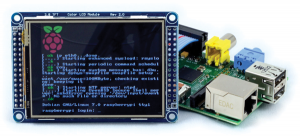 Knowledge of programming is a welcome aid for every engineer. Nowadays, almost all devices we encounter are programmable. The students first learn the basics of programming in C++ and Java, and afterwards upgrade their knowledge by programming more complex algorithms and transitioning seamlessly to new programming languages.
Knowledge of programming is a welcome aid for every engineer. Nowadays, almost all devices we encounter are programmable. The students first learn the basics of programming in C++ and Java, and afterwards upgrade their knowledge by programming more complex algorithms and transitioning seamlessly to new programming languages.
Diplomas
Courses
Additional information
Internet services
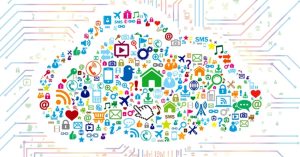 World trends indicate that most modern information solutions are accessible via the Internet, most often as Web services. The students get acquainted with the basic Internet elements, technologies, platforms and ways of designing services for the Internet. Based on the acquired knowledge, the students develop their own innovative Internet service.
World trends indicate that most modern information solutions are accessible via the Internet, most often as Web services. The students get acquainted with the basic Internet elements, technologies, platforms and ways of designing services for the Internet. Based on the acquired knowledge, the students develop their own innovative Internet service.
Diplomas
Courses
Additional information
What former students say

I like this study programme because, apart from lectures, there are a lot of practical exercises, which make the studying even more interesting. I have found that the working areas of laboratories are very diverse, and I appreciate that the students can join different projects.
Nina Vodopivc

I have decided to study Telecommunications because this field of study opens up good employment opportunities. The majority of courses are problem-oriented and stimulate the engineering way of thinking. The professors and teaching assistants are always ready for discussion and willing to accept new ideas proposed by the students. At the end of studies I see that I have got a lot of applicable knowledge.
Manja Frece

